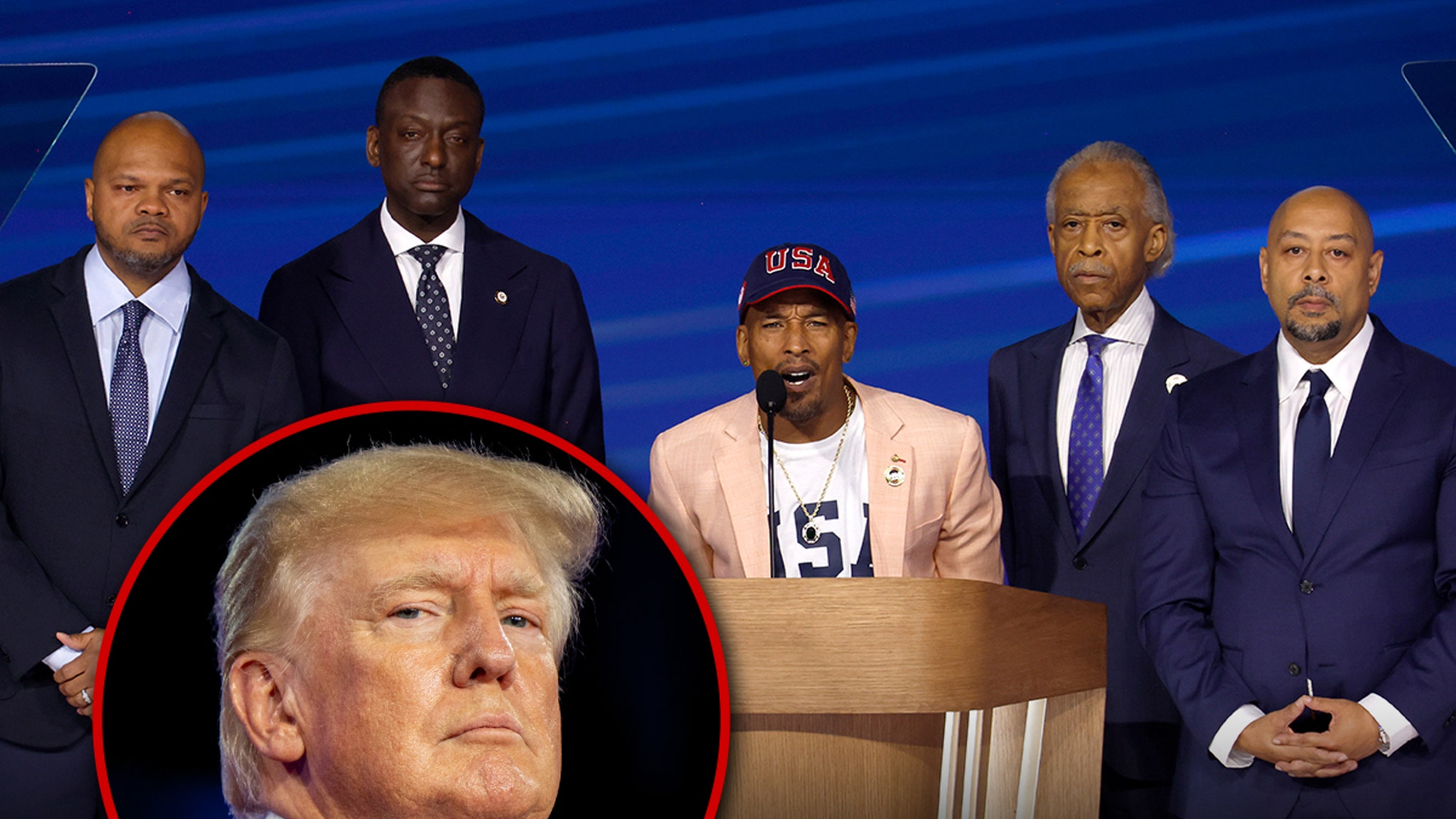Products You May Like
In a compelling turn of events, Donald Trump is facing legal repercussions over remarks he allegedly made during the most recent presidential debate pertaining to a notorious case from the late 1980s—the “Central Park Five.” This group comprises five men who were wrongfully convicted for a series of violent attacks in Central Park, and they are now seeking justice against Trump’s statements that they assert are not only misleading but damaging.
During the debate, which took place in Philadelphia on September 10, Trump found himself called out by Vice President Kamala Harris when she referred to an infamous full-page advertisement he published in the New York Times advocating for the execution of the Central Park Five at the time of their arrest. This ad became a pivotal moment in the discussion, framing the narrative around the case and Trump’s stance.
In response to Harris’s accusations, Trump defended his position, insisting that the individuals had admitted guilt and played a role in a deadly event. His assertion, however, raises significant controversy because the reality remains that the Central Park Five, later exonerated, never actually pled guilty to the charges against them. In fact, their true plea was one of innocence; they were ultimately cleared of all allegations.
The five men in question—Yusef Salaam, Raymond Santana, Kevin Richardson, Antron McCray, and Korey Wise, now referred to as the “Exonerated Five”—have taken decisive action by filing a federal lawsuit against Trump. Their claims include defamation and intentional infliction of emotional distress, and they are pursuing both compensatory and punitive damages for the hurt caused by his comments.
One of their main points of contention lies in the inaccuracies of Trump’s statements. Throughout the debate, he reiterated that these men were involved in violent acts that led to death, yet this claim is fundamentally flawed; no fatalities occurred as a result of the crime for which they were wrongfully accused. Still, Trump’s assertions not only perpetuate a false narrative but also resurrect traumatic experiences for the Exonerated Five, further complicating their journey toward healing and acknowledgment.
As this legal battle unfolds, it is clear that the ramifications of Trump’s words extend beyond mere politics. The case highlights enduring issues of justice, truth, and the long-lasting impacts of wrongful convictions. The Exonerated Five, through their lawsuit, aim to reclaim their narratives and bring to light the real consequences of misleading statements made by influential figures.
Ultimately, this situation propels a conversation about accountability, especially regarding public discourse surrounding sensitive matters such as wrongful convictions and the criminal justice system. As Trump prepares to face these challenges in court, the Exonerated Five remain steadfast in their pursuit of justice, ensuring that their voices are heard and their experiences validated.
